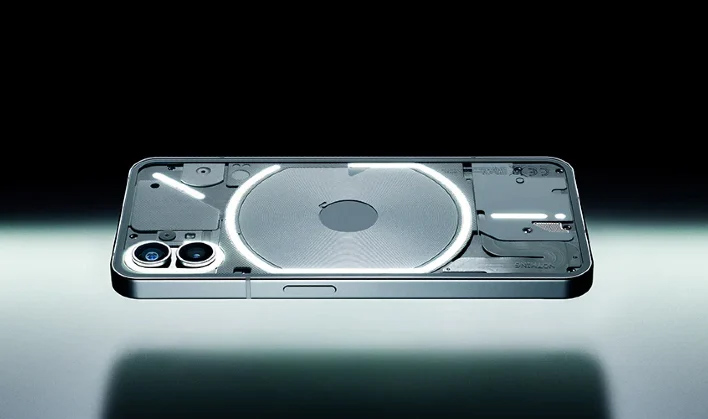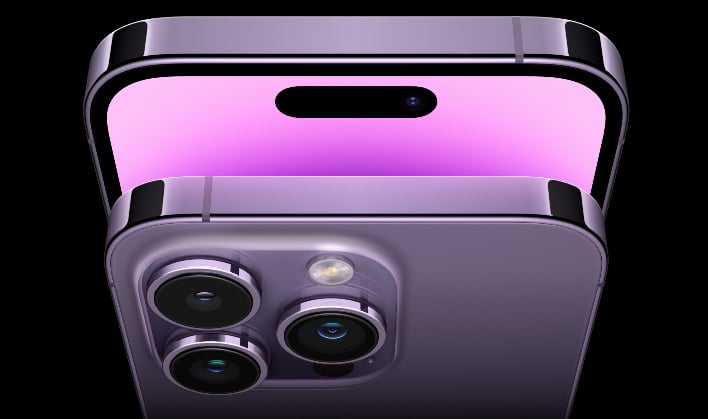Carl Pei Fears Apple Is Becoming Too Dominant For Android To Survive, Is He Right?

Apple inched over 50% market share in the US during 2022, surpassing the combined share of all Android OEMs, the largest of which is Samsung. Nothing doesn't have a significant piece of the smartphone market in any country where its Nothing Phone (1) is sold, but you could say the same of OnePlus. You can now get OnePlus devices directly from US carriers, and it's one of the most popular brands in markets like India. Currently, Nothing is operating at a loss, but its revenues have shot upward since launching the LED-infused Nothing Phone (1) earlier this year. Pei hopes the company will be profitable in 2024.
Pei says we shouldn't expect a Nothing Phone (2) "anytime soon." Rather than pump out as many products as possible, Nothing plans to remain focused on a smaller product portfolio. No doubt that helps to keep costs down. However, Pei tells CNBC that the company has started discussions with US carriers to launch a new device stateside. Unlike most places, the US cellular market requires carrier partnerships and customizations for any phone to be successful.

Those carrier partnerships are a big part of why the iPhone has maintained continued growth in the US whereas Android is the clear leader in most other markets. Pei speculates that there may come a time when Apple owns as much as 80% of the market. "They have very strong lock-in with iMessage, with AirDrop, especially among Gen Z. So that’s a rising concern for me," Pei said.
The Nothing Phone (1) is available in Asia, the Middle East, and Europe. It retails for £399, or about $480 at current exchange rates. So, it's not intended to go toe-to-toe with flagship phones from Apple or Samsung. But maybe its next phone will.

